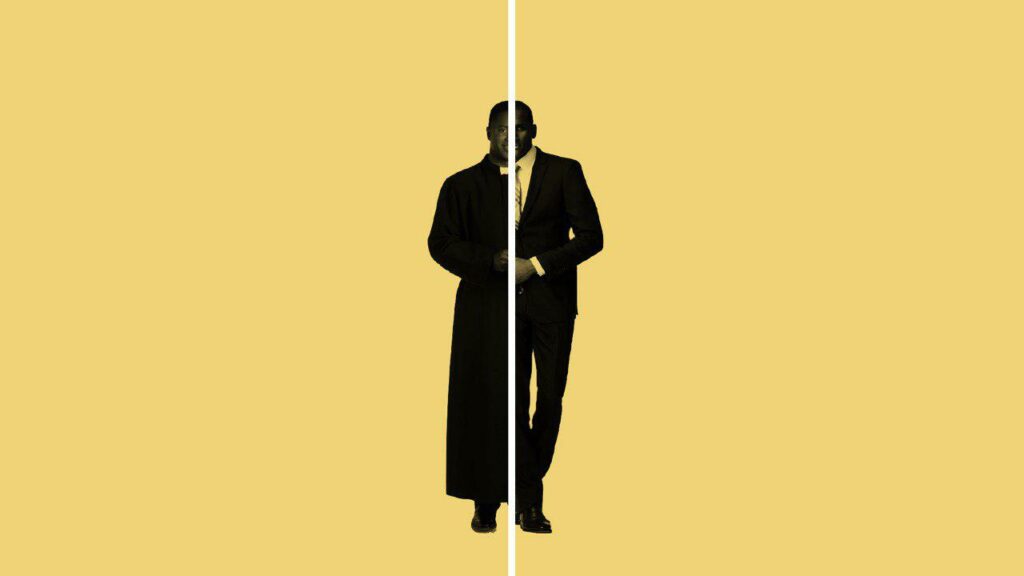
There is a wedge in our thinking. We see reality as consisting of two sections: a ‘sacred’ part where we have God, the Bible, Worship, or Salvation, and a ‘secular’ compartment where we live our ‘real’ lives. It is in this realm that we have Work, Politics, Community, etc. The ‘sacred’ half pertains to our personal relationship with God while the ‘secular’ concerns our interaction with others. We stuff prayer and church into the ‘sacred’ compartment, but think they are irrelevant when dealing with the ‘real life issues’ in the ‘secular’ realm.
The Christian writer Nancy Pearcey remarked thus:
Modern society is characterized by a sharp split between the sacred and secular spheres – with work and business defined as strictly secular. As a consequence, Christians often live in two separate worlds, commuting between the private world of family and church (where we can express our faith freely) and the public world (where religious expression is firmly suppressed). (Total Truth, p. 65)
This distinction is so pervasive that we hardly question it. We automatically respond to our life issues depending on where we think it belongs. And the tool we deploy depends on the category we place the issue in. For instance, if I have a challenge at work, my default mindset is to examine the problem rationally, without any recourse to God or biblical principles. Why? Because work falls within the ‘secular’ realm, and God does not apply. Alternatively, if I have anxieties about my future state as a human, I could easily draw on the teachings of the Bible, for this very well falls within the ‘sacred’ realm.
It seems so logical (and convenient) to partition our lives thus. For we have often believed the notion that the Christian faith has to do with just our relationship to God. When it comes to dealing with the external world and other human beings, however, we believe we have passed the bounds of Christianity.
Such a mindset goes against God’s revelation. For His word reveals that He is the Lord of all the Earth – in all its fullness (Psalm 24:1). He created all that exists and takes pleasure in every detail. As Paul pointed out in his discourse with the Greeks, all things depend on Him for existence (Acts 17:28), therefore it is illogical to attempt to keep any aspect of life away from His oversight. In calling out a people for Himself, He made his word integral to every aspect of their life and community (Exodus 19:5, 6; Deut. 6:6-9; 8:6); for the Jews there was no Sacred-Secular split. All of life was Coram Deo—to be lived under Yahweh’s oversight and direction. Perhaps no Christian writer better expressed this truth than Abraham Kuyper, who declared:
No single piece of our mental world is to be hermetically sealed off from the rest, and there is not a square inch in the whole domain of our human existence over which Christ, who is Sovereign over all, does not cry: ‘Mine!’
Dayo is a Christian writer based in Lagos, Nigeria. He has a vision of seeing Africa transformed through the Christian worldview.
And he pursues this through a teaching and publishing website, The Christian Mind. Dayo is married to Omolade and they have one son.
